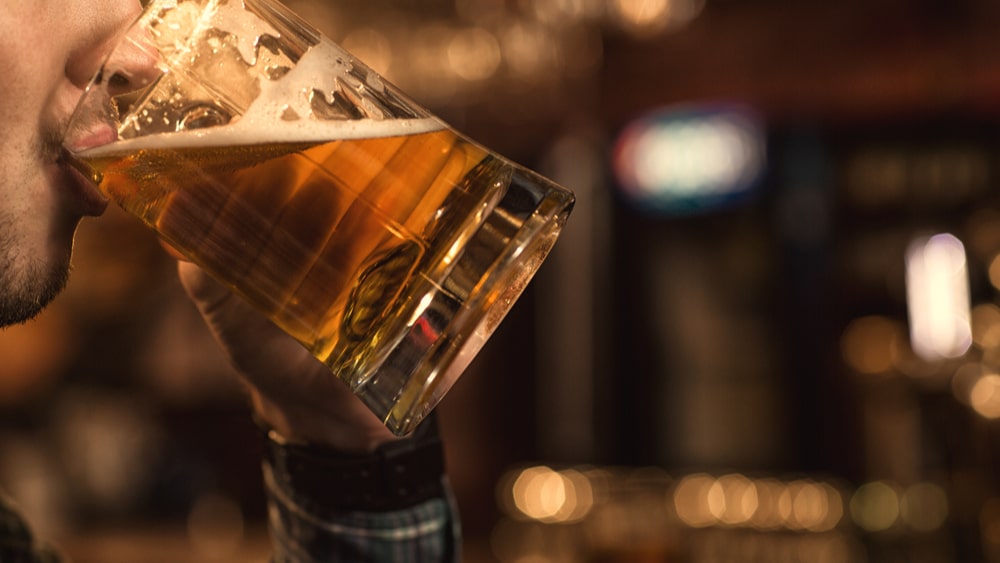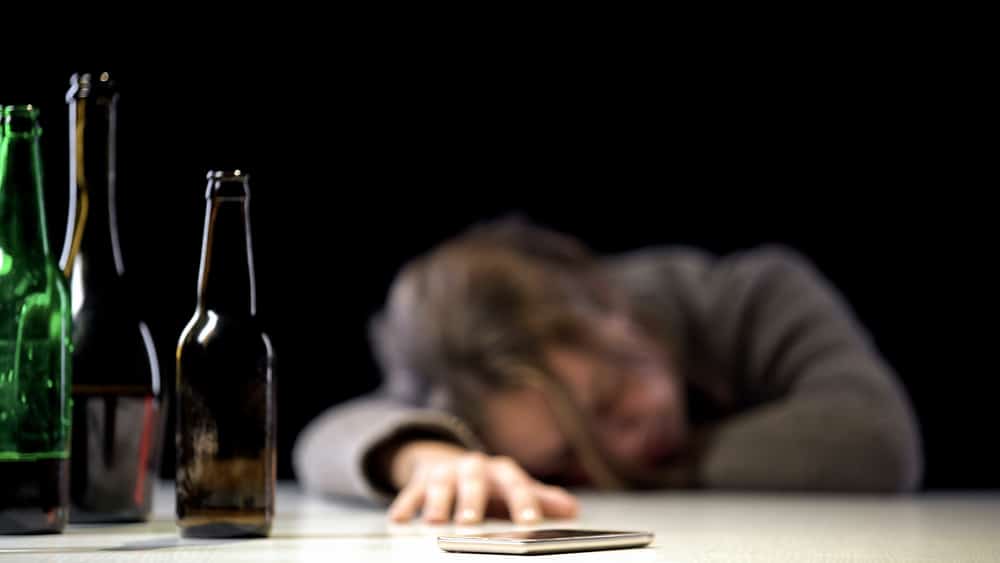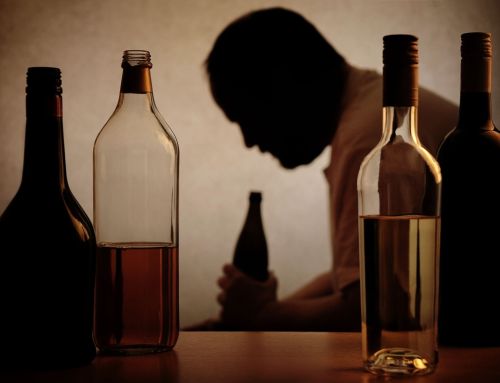
How Long are Five Standard Drinks Are Metabolized in?
People often wonder how long it takes to metabolize a standard drink and how fast you detoxify alcohol per hour.
The short answer is that it depends, but there is more to it than that.
What is BAC?
When asking how long alcohol is in your system or how long it takes to metabolize a standard drink, the term BAC is important.
BAC is blood alcohol content. This is the percentage of alcohol in a person’s bloodstream.
If you have a BAC of .10%, your blood contains one part of alcohol for every 1000 parts of blood.
In most states, you are considered legally intoxicated with a BAC of .08% or higher.
Individual factors that can affect BAC include:
- The number of standard drinks you have
- The amount of time you consume the drinks within
- Enzyme levels and production
- Gender
- Bodyweight
- Medications
- Whether or not you’ve eaten before drinking
How Much is a Standard Drink?
Most of us do not have an accurate idea of how much is in a standard drink.
The following are examples of a standard drink:
- One 12 oz. beer
- One 7 oz. malt liquor
- A 5 oz. glass of wine
- 1.5 oz shot of hard liquor
For example, if you were to have a 12-ounce margarita, that would not be a standard drink. That would equal anywhere from two to four standard drinks.
Effects of Alcohol at Different BAC Levels
While every person is different, the following are some of the effects that might occur at different BAC levels:
- At a BAC of .01-.03, your mood could be mildly elevated. There may not be many outward effects.
- With a BAC of .04-.06, effects can include feelings of warmth and relaxation. Declines in memory and reasoning may occur.
- From BAC levels of .07-.09, there may be a slight impairment. It is legal in most places to drive at this level.
- By the time someone’s BAC reaches .10 to .12, there is likely a significant loss of judgment and impairment. Slurred speech may be noticeable.
- From .13 to .15, there may be major impairment, including blurry vision and problems with motor control.
- Levels of .16 to .20 may include nausea and a sloppy outward appearance.
- Levels of .25 to .30 would mean someone is severely intoxicated.
If someone’s BAC were higher than .30, that could mean they would suffer from alcohol poisoning.
Alcohol poisoning is a medical emergency.
When you drink too much too quickly, you can’t break down the alcohol fast enough.
Binge drinking is the most common reason for alcohol poisoning.
Symptoms of alcohol poisoning include vomiting, reduced body temperature, and passing out.
Alcohol poisoning can lead to brain damage or asphyxiation, and it can be deadly.

How Does Your Body Metabolize Alcohol?
When you drink alcohol, it enters the digestive system.
Alcohol is digested differently than food or other drinks, though.
Around 20% of alcohol from one drink will go straight to the body’s blood vessels. Then, it goes to the brain.
The rest (80%) goes to your small intestine and then to your bloodstream.
Finally, your liver removes the alcohol.
How Long are Five Standard Drinks Metabolized in?
Back to the original question: How long are five standard drinks metabolized in?
Again, it depends.
In general, most people break down half a standard drink every hour.
If you were initially at a BAC of .08, and you did not drink anything else, your BAC would lower at a rate of around 0.015 an hour.
If you took just one small shot of liquor, it would take your body about an hour to metabolize it.
If you had one pint of beer, it would take two hours.
A large glass of wine would take three hours.
For five standard drinks, it would take at least several hours to metabolize.
Urine and Breath Tests
If you wonder how long is alcohol in your system, you may also wonder about detection tests, such as urine and breath tests.
A urine test can typically detect alcohol in your system between 12 and 48 hours after you drink.
Detection on breath tests is a shorter window of time.
A breath test can detect alcohol for around 24 hours.
A breathalyzer can measure your BAC.
If your BAC is above 0.02, it is considered unsafe to drive.
Factors that Affect How Long it Takes to Metabolize a Standard Drink
As we touched on above, there are individual factors that affect the rate your body processes alcohol.
Some of these factors include:
- Age: The older you are, the longer alcohol remains in your liver before moving to your bloodstream or before it is metabolized. The older you are, the longer you are likely to be intoxicated if you drink.
- Sex: Men and women metabolize alcohol differently. Alcohol typically stays in a woman’s system longer. This is likely because women have a lower percentage of water in their bodies than men. Women also have a higher body fat percentage. Hormones also impact how your body processes alcohol.
- Food: If you eat before drinking, it can help dilute alcohol. Having a full stomach can also slow your stomach’s emptying to the small intestine. If you have an empty stomach, your BAC can be as much as three times higher than someone who ate before drinking.
- Body size: The higher your body fat percentage, the higher your BAC usually is.
- Medications: Different medications impact how long it takes your body to process alcohol. Some medicines slow down metabolism, which can play a role. Some medicines also slow down the emptying of the stomach to the small intestine and liver. That means alcohol is rapidly absorbed, leading to higher BAC levels.

Final Thoughts on Alcohol in Your System
In conclusion, it is very much dependent on the individual concerning how long alcohol is in your system.
For most people, it would take a minimum of several hours, but it could be more.
Individual factors play a big role in how your body can detoxify alcohol per hour.
If you are struggling with alcohol use, binge drinking, or feel that you could have a problem, consider an alcohol treatment program.
At North Jersey Recovery Center, we offer various types of programs. No matter what program you take part in, it is always customized to your specific needs.
Our staff is caring and compassionate but also skilled in helping people work toward their recovery goals.
We encourage you to contact us to learn more about our program offerings.
Our team can also verify your insurance and determine your coverage.
Alcohol abuse can lead to financial and legal problems and mental and physical health problems.
Take steps to help yourself today.
North Jersey Recovery Center is ready to help today.










